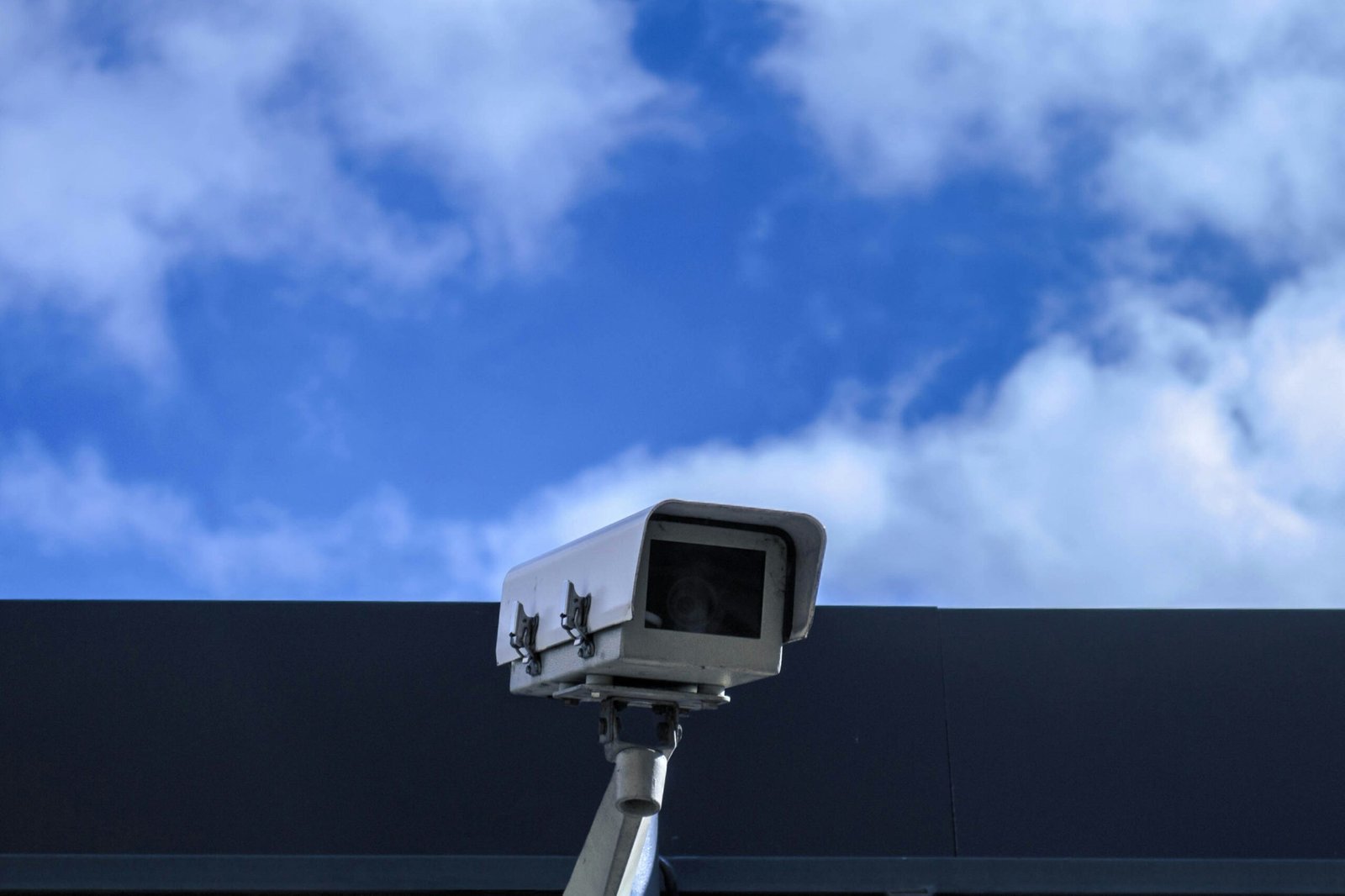
Introduction
Welcome to our guide on ensuring compliance with cloud security regulations for small businesses. In today’s digital age, where data breaches and cyber threats are becoming increasingly common, it is crucial for businesses to prioritize the security of their cloud-based systems. This guide will examine the regulatory landscape surrounding cloud security and provide valuable guidance for small businesses to ensure compliance with relevant regulations such as GDPR, HIPAA, and PCI DSS when storing and processing data in the cloud.
The Importance of Cloud Security Compliance
With the growing popularity of cloud computing, businesses are increasingly relying on cloud service providers to store and process their data. However, this convenience comes with its own set of risks, particularly in terms of data security and privacy. Non-compliance with cloud security regulations can lead to severe consequences, including financial penalties, reputational damage, and even legal action.
By ensuring compliance with cloud security regulations, small businesses can not only protect their sensitive data but also build trust with their customers and stakeholders. Compliance demonstrates a commitment to data privacy and security, which is crucial in today’s digital landscape.
The Regulatory Landscape
Several regulations govern cloud security, and it is essential for small businesses to understand and comply with these regulations to avoid any legal or financial repercussions. Let’s take a closer look at three key regulations:
1. General Data Protection Regulation (GDPR)
The General Data Protection Regulation (GDPR) is a comprehensive data protection law that applies to businesses operating within the European Union (EU) or processing the personal data of EU residents. GDPR places strict requirements on how businesses handle and protect personal data, including data stored and processed in the cloud.
To ensure compliance with GDPR, small businesses should:
- Obtain explicit consent from individuals before collecting and processing their personal data.
- Implement appropriate security measures to protect personal data, including encryption and access controls.
- Ensure data subjects’ rights, such as the right to access, rectify, and erase their personal data, are respected.
- Regularly review and update data protection policies and procedures to align with GDPR requirements.
2. Health Insurance Portability and Accountability Act (HIPAA)
The Health Insurance Portability and Accountability Act (HIPAA) is a US law that sets standards for the protection of individuals’ sensitive health information. Any small business that handles electronic protected health information (ePHI) must comply with HIPAA regulations.
To ensure compliance with HIPAA, small businesses should:
- Implement physical, technical, and administrative safeguards to protect ePHI.
- Conduct regular risk assessments to identify potential vulnerabilities and address them promptly.
- Train employees on HIPAA compliance and ensure they understand their responsibilities in safeguarding ePHI.
- Establish policies and procedures for reporting and responding to data breaches or security incidents.
3. Payment Card Industry Data Security Standard (PCI DSS)
The Payment Card Industry Data Security Standard (PCI DSS) is a set of security standards designed to ensure the protection of cardholder data. Any small business that accepts, processes, or stores payment card information must comply with PCI DSS requirements.
To ensure compliance with PCI DSS, small businesses should:
- Securely store and transmit cardholder data using encryption and other security measures.
- Regularly update and patch systems to address known vulnerabilities.
- Restrict access to cardholder data on a need-to-know basis and implement strong access controls.
- Maintain an information security policy that addresses PCI DSS requirements and regularly train employees on compliance.
Best Practices for Cloud Security Compliance
In addition to understanding and complying with specific regulations, small businesses should adopt best practices to enhance their cloud security compliance efforts. Here are some key practices to consider:
- Conduct regular risk assessments to identify potential security vulnerabilities and address them promptly.
- Implement strong access controls, including multi-factor authentication, to prevent unauthorized access to cloud systems.
- Encrypt sensitive data both at rest and in transit to protect it from unauthorized disclosure.
- Regularly monitor and log activities within cloud systems to detect and respond to any suspicious or malicious behavior.
- Establish incident response and data breach notification procedures to ensure a timely and effective response to security incidents.
- Stay informed about updates and changes to relevant regulations and adjust your compliance efforts accordingly.
Conclusion
Ensuring compliance with cloud security regulations is essential for small businesses to protect their data and maintain the trust of their customers. By understanding the regulatory landscape and implementing best practices, small businesses can navigate the complexities of cloud security compliance and mitigate the risks associated with data breaches and cyber threats. Remember, compliance is an ongoing process, and regular reviews and updates are necessary to stay ahead of evolving security challenges in the cloud.